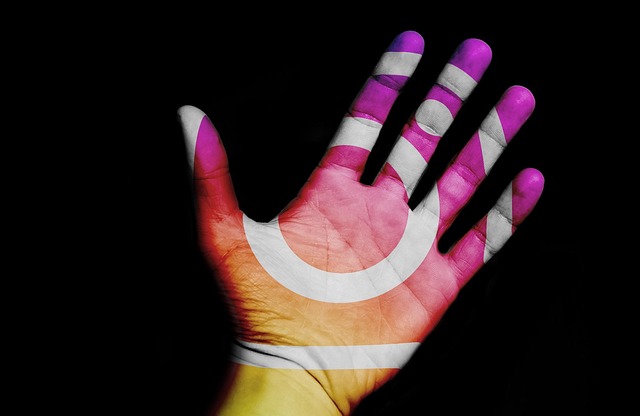In today’s digital age, social media has become an integral part of our daily lives, significantly shaping our perceptions, behaviors, and choices. The media influence of social networks can be profound, particularly when it comes to addiction. As users scroll through feeds filled with curated images, videos, and posts, they find themselves constantly exposed to both positive and negative influences. Understanding the impact of this media influence on addiction is crucial for both individuals and society.
Social media platforms have transformed the way we interact, communicate, and share our lives. While these platforms offer users the chance to connect with others and express themselves, they can also present a double-edged sword. For those grappling with addiction, the constant visibility of substances, behaviors, and lifestyles can trigger cravings and reinforce unhealthy habits. The imagery associated with alcohol, drugs, and even gambling can glamorize addiction and create an illusion of normalcy around destructive behaviors.
Moreover, the impact of social media on addiction extends beyond mere exposure. Viral challenges and trends often promote relationships with substance use, leading to normalization and peer acceptance. The role of influencers cannot be understated; they wield significant power over their followers, often inadvertently promoting unhealthy habits or behaviors. The pressure to conform or partake in these trends can push vulnerable individuals deeper into addiction, perpetuating a cycle that is difficult to break.
Aside from triggering the initial desire, social media can also serve as a virtual echo chamber, where individuals share their experiences and struggles. This can create a sense of community; however, it can also reinforce negative behaviors. The media influence of online communities can either support recovery or exacerbate addiction, depending on the narratives that dominate these spaces. For someone trying to overcome addiction, following accounts that promote sober living can be incredibly beneficial. Conversely, engaging with content that romanticizes substance use can be detrimental.
Furthermore, the algorithms that govern social media platforms often prioritize content that is engaging, leading to a cycle where users are repeatedly exposed to messages that may not be in their best interest. This relentless exposure can create an overwhelming environment, where individuals feel trapped by their addiction, ensnared by the constant barrage of triggering imagery and messages. The addictive design of social media, with its infinite scroll and instant gratification, can perpetuate a cycle that mirrors the patterns of addiction itself.
As consumers of digital content, it is essential to cultivate mindfulness regarding media influence. Creating a personal filter for the content we engage with can be a powerful tool in mitigating negative impacts. By choosing to follow accounts that promote positivity, health, and recovery, individuals can harness the power of social media as a force for good rather than a catalyst for harm. It’s about transforming our social feeds into platforms that encourage growth and healing, rather than those that dwell on addiction and despair.
Additionally, understanding the psychology behind social media use can empower individuals to make informed choices about their consumption. Recognizing the ways in which media influence can sabotage recovery is an essential step in reclaiming one’s narrative. Awareness is key; when users become conscious of the content they consume and the emotions it evokes, they can begin to redefine their relationship with social media.
Ultimately, while social media is a powerful tool that can impact addiction, it is essential to remember that we have agency in this digital landscape. By being intentional with our online interactions and surrounding ourselves with uplifting content, we can harness the influence of social media to pave the way for recovery, connection, and healing.



